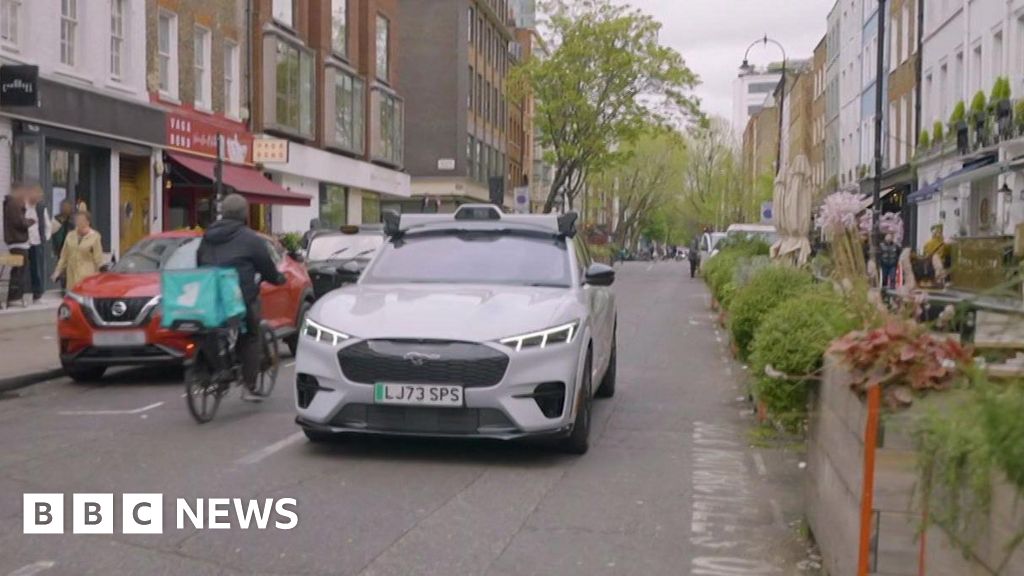ARTICLE AD BOX
 Image source, Getty Images
Image source, Getty Images
By Kevin Peachey
Cost of living correspondent
Inheritance tax is a political hot potato, often discussed, but rarely changed.
Relatively few people actually pay the tax, but many think they will - either owing to its complexity or because they aspire to be suitably wealthy to end up paying.
So how does it work and is there a chance it will be abolished?
What is inheritance tax?
It is a tax on the estate - in other words, the property, possessions and money - of somebody who has died.
It is charged at 40%, but only on the part of the estate that lies above a certain value threshold. So if the estate is worth £10,000 above the threshold, then the tax is 40% of the extra, not the total amount.
It must be paid by the end of the sixth month after the person's death, otherwise interest will be charged too.
The thresholds are where some of the complexity comes in as, for example, there is an extra allowance for passing on a home to children or grandchildren.
Who pays it?
Latest figures show that fewer than one in 20 estates pay inheritance tax. Specifically, nearly 4% of deaths result in the payment of inheritance tax, which is about 27,000 estates a year.
The numbers have been quite consistent but economists predict about 7% of estates following deaths will be liable for inheritance tax by 2032.
Many more believe they would be liable. A YouGov poll for The Times newspaper in July 2023 suggested a third (31%) thought inheritance tax would need to be paid on their assets when they died.
However, there are a number of reasons why a death does not result in payment of the tax.
- Any estate that is valued at less than £325,000 (a value fixed under current policy until 2026)
- Anyone who leaves their estate to a husband, wife or civil partner
- Somebody who leaves it to certain charities or community sports clubs
So is the tax automatically triggered on an estate worth more than £325,000?
No. There are additional, significant allowances.
If the person who dies leaves their home to their children or grandchildren (but no other family, like a niece of nephew) then the threshold goes up to £500,000.
Image source, Getty Images
Also, married or civil partners can transfer assets free of tax between each other, so one partner automatically inherits the other's unused allowance.
So the estate of someone who can use their late partner's allowance, and leaves a home to their children or grandchildren, won't be liable for inheritance tax on anything under £1m.
Will inheritance tax be abolished?
There is some speculation that it might be under consideration, but nothing close to being confirmed.
Reports suggest that Chancellor Jeremy Hunt is more likely to cut the rate at which inheritance is charged - from 40% to something lower. Again, there is no confirmation of whether this will happen, or when.
The temptation for ministers is that people are unlikely to go out and spend an inheritance straight away. So - unlike cutting income tax - it might not lead to a rise in inflation, or the rate of rising prices, which the government and Bank of England want to control.
How much does inheritance tax raise for the government?
It brings in about £7bn a year, which is relatively small compared with some other taxes.
Abolishing the tax would obviously mean it does not have that money to spend on public services, benefits and so on.
For individuals, the vast majority of households don't pay, so an abolition of the tax would not bring any benefit - but the inheritors of larger estates would clearly be better off.
Can money just be given as a gift to children before death?
Anyone can give away up to £3,000 a year, and pay no tax. This is known as the annual exemption. If unused, this allowance can be carried over to the following year, up to a maximum of £6,000.
In addition, if you can show that the gift was funded out of income - as opposed to savings - you will not pay inheritance tax. There are also allowances for wedding gifts.
However, if someone gives a bigger sum, then dies within seven years, then the money may be used as part of inheritance tax calculations.
What about using a trust?
Some parents set up a trust in favour of their child, which means they technically no longer own the assets, so they are free from inheritance tax.
But there are different types of trust and some complicated rules - here is the government's guide - so it is likely to be worth seeking independent advice.
There are lots of guides to inheritance tax from HM Revenue and Customs - which also has a helpline, and here on the Moneyhelper website.

 1 year ago
77
1 year ago
77








 English (US) ·
English (US) ·